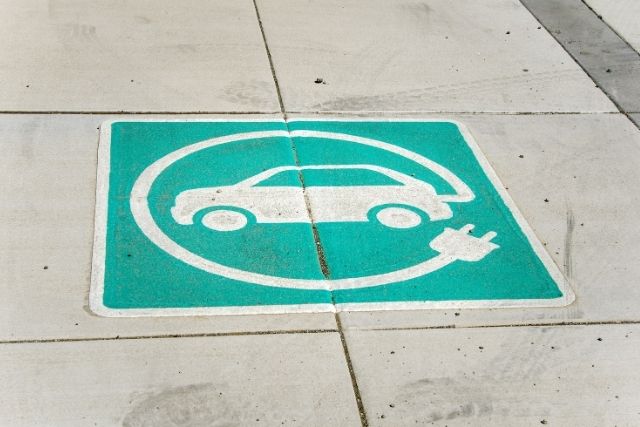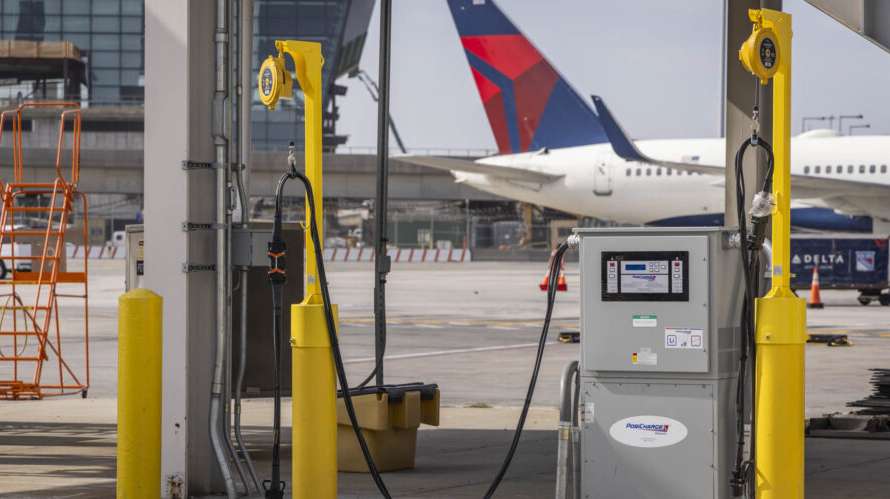With the inauguration of Claudia Sheinbaum as Mexico’s new president on October 1st, the country embarks on a transformative journey in the automotive sector. Central to this vision is the announcement of “Olinia,” a locally designed and manufactured electric vehicle (EV) aimed at making sustainable transportation accessible to the masses. This initiative not only represents a significant milestone for Mexico’s automotive industry but also reflects a broader commitment to technological advancement and economic independence.
What’s the Plan for “Olinia”
President Sheinbaum’s plan to introduce Olinia led by her desire to modernize Mexico’s industrial landscape, with a particular emphasis on tech, drones, semi-conductors, and EVs. While Mexico has long been a hub for automotive manufacturing, it has yet to establish a proprietary brand of its own. Olinia seeks to change this narrative, providing a symbol of national pride and innovation. According to Sheinbaum, the name “Olinia,” derived from the Náhuatl word for “movement,” encapsulates the essence of the vehicle and its role in Mexico’s future mobility landscape.
Historically, Latin America has seen ambitious automotive initiatives often falter. For instance, Bolivia’s state-promoted “Quantum” quadricycle saw limited success despite substantial investment. However, Mexico possesses a unique advantage with its robust automotive infrastructure, established supply chains, and a skilled workforce. This foundation positions the country to successfully develop Olinia, potentially making it the first locally branded EV in the region.
Economic and Policy Implications
Beyond launching Olinia, Sheinbaum’s administration is set to implement policies that bolster the country’s EV sector. This includes significant changes to trade policies, particularly concerning tariffs on electric vehicles. Effective immediately, only countries with a free trade agreement with Mexico will be exempt from tariffs when importing EVs. This strategic shift aims to stimulate local production while attracting foreign investment—an approach that aligns with the needs of companies like BYD, which is reportedly planning to establish a factory in Mexico by the end of 2024.
The focus on electric vehicles marks a departure from the previous administration, which exhibited limited interest in EV development. Sheinbaum’s proactive stance highlights her commitment to fostering an environmentally friendly automotive industry while promoting economic sovereignty. This shift not only aims to make sustainable vehicles more accessible to the general population but also signals Mexico’s ambition to become a key player in the global EV market.



